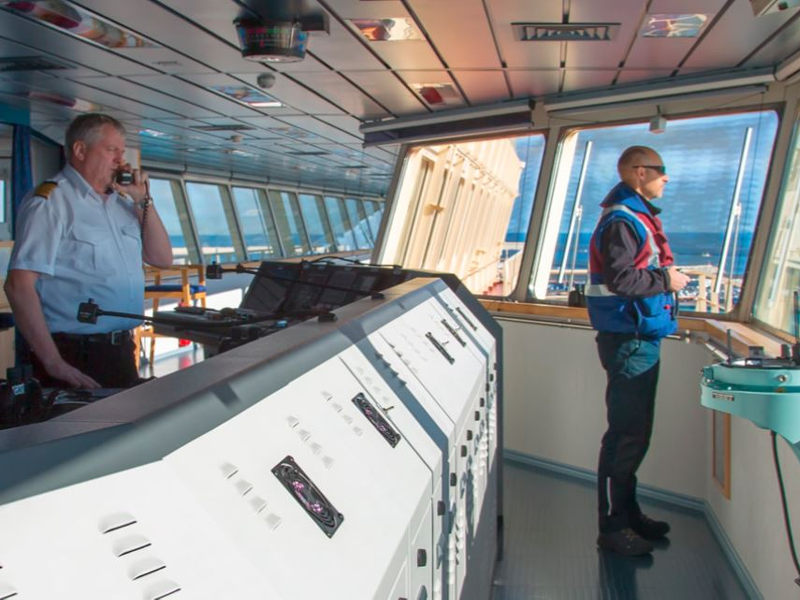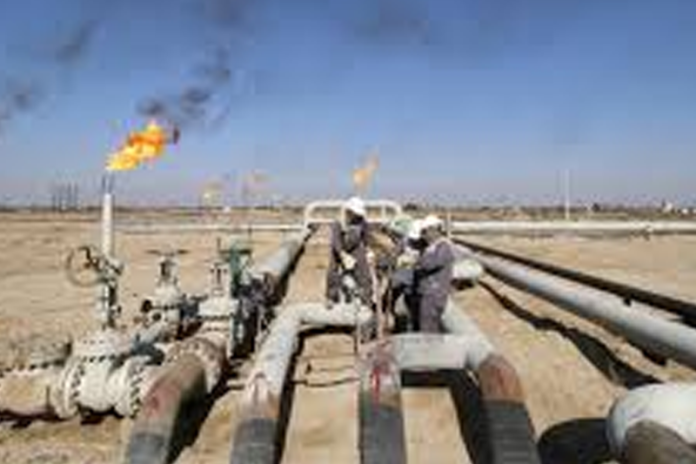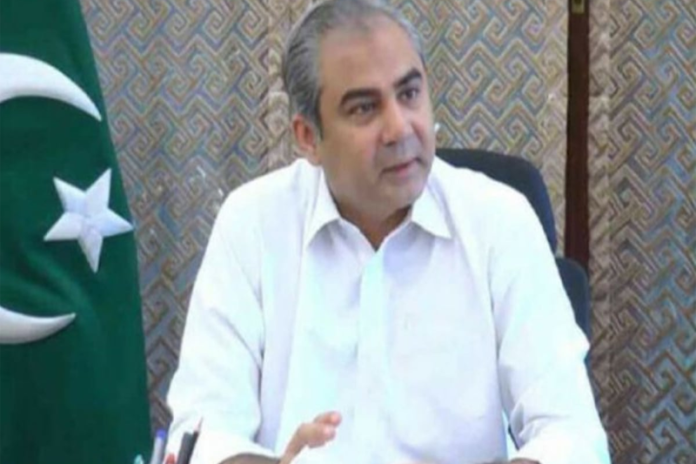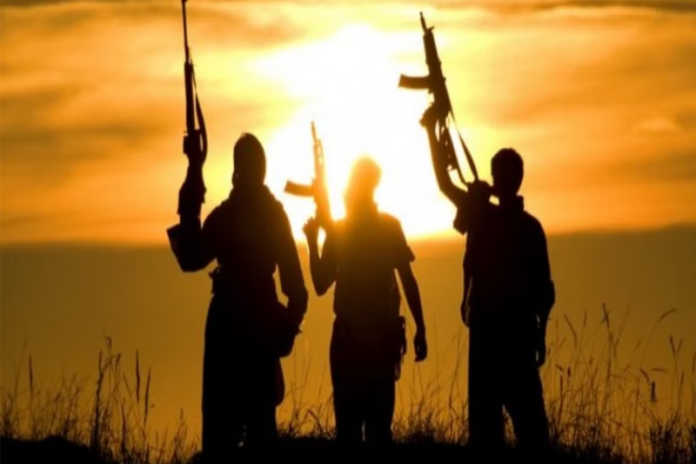Marine Pilots’ mortality rate 3 times higher than general population

- 250
- 0
KARACHI: International Maritime Organisation (IMO) recommended that pilots should be adequately rested prior to pilotage duty, as it is not safe for marine pilots to conduct navigation of a ship while fatigued.
Once port is declared un-safe, shipping lines do not prefer to charter their vessels for such ports due to high insurance premiums. Extra high insurance premium cost to shipping lines due to unsafe ports is to be borne by end users (People of Pakistan). A long induction procedure, as well as at least two years is required for pilots to complete necessary training/pilotage license. In 2016 PQA pilot strength was revised from 15 to 17, but at that time only 12 pilots were available after retirement of Capt. Gul Aleem Khan senior most pilot working as Deputy Harbor Master and another pilot was on long ex Pakistan leave. Traffic increased after establishment/operation of LNG-1 Terminal. By end of next year, PIBT was to be operational, which had to increase significant number of vessels as well. Coal Fire Power plants and other future projects had also increased significantly number of vessels in near future. New LNG Terminals were also increasing significant demand for pilots as these vessels required standby pilots as well.
In Port Muhammad Bin Qasim taking into view size of vessels and number of terminals even in 2016, Marine Operation Department was facing difficulties in order to execute shipping programme due to pilots shortage. Marine pilots were already overworked and stressed and fatigued leading to incidents/mishaps as they were working at a very high level of concentration combined with heavy loads and working hours of night at which normal sleeping hours from 2200 hours to 0600hrs were not available. Age of pilots takes into view very harsh environmental conditions and PQA long channel.
Several studies had been made on human factors of marine pilotage which concluded that mortality rate among Trinity House Pilots was about 3 times higher than general population. Other studies conducted in England and in Germany reported similar results. Two Dutch studies looked at rest/work ratios for Dutch pilots and their workloads in order for pilots’ to determine admissible occupational stress.
Workload of Dutch pilots was such that it not only jeopardised safety but severely impacted negatively pilots’ health and longevity. A similar study was made in Australia by Dr. Yossi Berger. His findings enjoyed significant correlation with other studies. All studies noted considerable stress experienced by marine pilots in carrying out their functions. Apart from pilots’ shortage in Port Qasim Authority true cause for getting vessels delayed in berthing/un-berthing is due to non-availability of pilot boats and tugs as well. Criteria for consideration of safe ports are tugs, navigational channel and pilots. Port may experience many undesirable incidents/accidents if any of requirements are considerably below normal standard. Normal experience of pilots to develop skills as good pilots takes about five years and to become full length (Initially vessels up to 180-meter handle, whereas PQA now handling vessels up to 337-metre) pilot, it takes about seven years, but due to large deeply laden vessels calling PQA, it takes more than ten-year experience to become full-length pilot. It was mentioned in year 2016 by experts that senior managerial officers were working as pilots on large deeply laden vessels and vessels in emergencies. A significant number of senior pilots will be attaining age of 60 by year 2022, resulting in a little number of pilots with appropriate experience and skill left in office and no pilots will be left in port to coupe up future traffic.
Published in The Daily National Courier, October, 06 2022
Like Business on Facebook, follow @DailyNCourier on Twitter to stay informed and join in the conversation.

















































